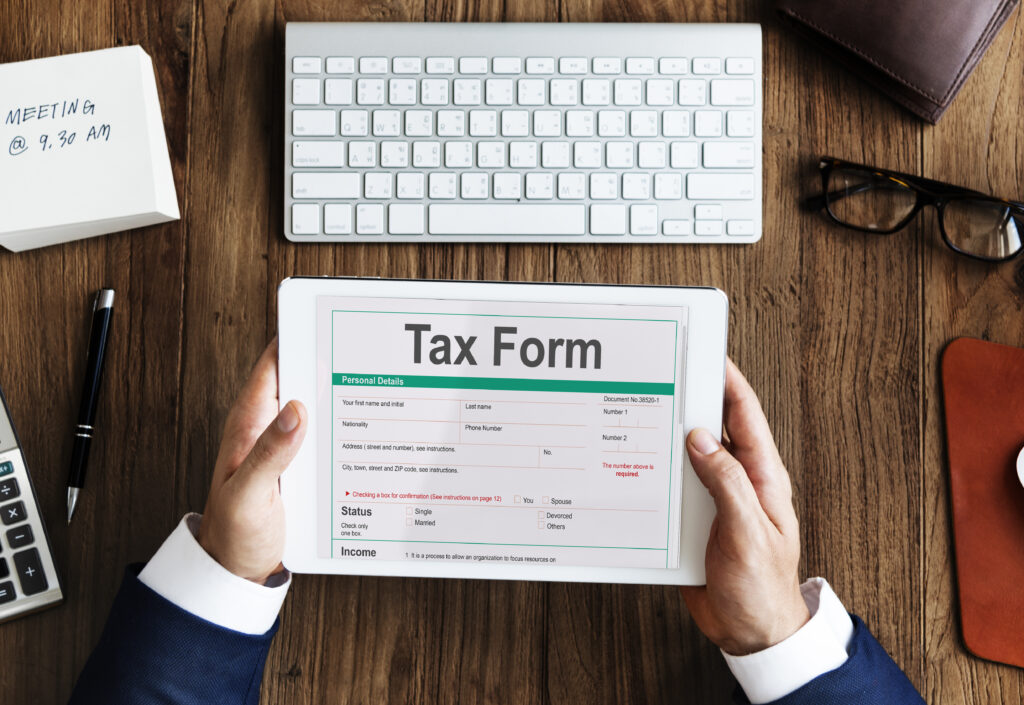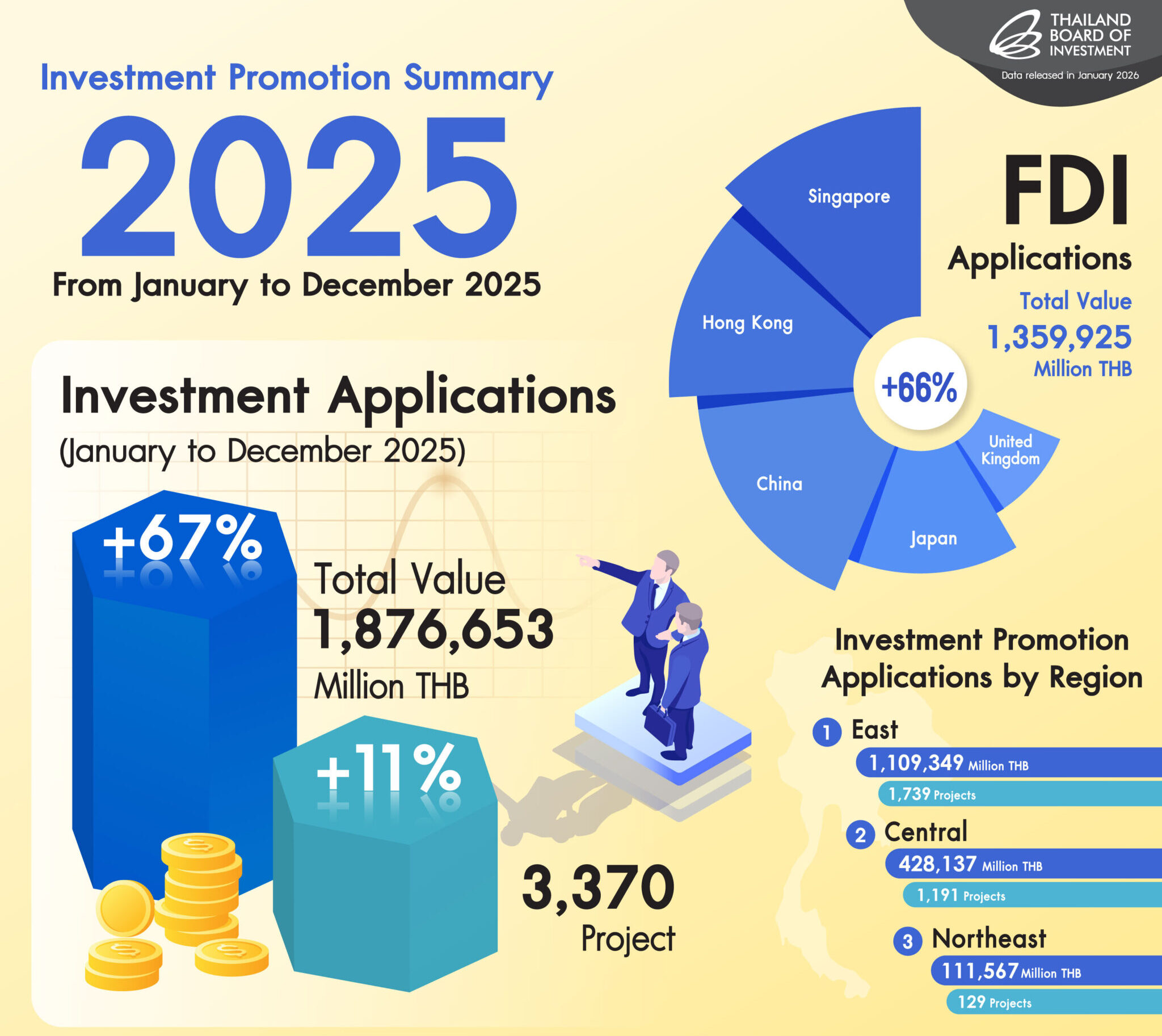
In 2025, Thailand continues to stand out as a leading destination for foreign investors. With its central location in Southeast Asia, and strong government incentives, the country remains an attractive hub for both new ventures and business expansion. However, understanding Thailand’s tax framework is essential; without proper preparation, investors may face higher costs, delays, or complicated legal issues.
Let’s explore the essential information about Thailand’s tax system that every foreign investor should understand before entering the country’s dynamic business landscape.
Corporate Income Tax (CIT)
Small and medium-sized businesses (SMEs) will benefit from lower progressive rates, with profits up to THB 300,000 being exempt, net profits between THB 300,001 and 3,000,000 being taxed at 15%, and net profits over THB 3,000,000 being taxed at 20%. From those rates, investors acknowledge that the corporate income tax in Thailand depends on net profit. Moreover, the applicable rates also differ according to the type of taxpayer. Companies operating in special economic zones (SEZs) may be eligible for a 10% CIT rate reduction. For encouraging industries such as technology, manufacturing, and innovation, the Board of Investment (BOI) provides incentives including import duty exemptions, tax holidays of up to 13 years, and other advantages.
Withholding Tax (WHT) and Double Taxation
Thailand imposes withholding tax on dividends, interest, royalties, and service fees. Dividends are typically taxed at 10%, while other payments vary depending on the nature of the transaction. Many countries have a Double Taxation Agreement (DTA) with Thailand, which helps prevent the same income from being taxed twice. This agreement is of essential importance for multinational companies or investors earning income from multiple jurisdictions.

Value Added Tax (VAT)
The standard VAT rate of 7% applies to most goods and services, a reduction from the previous 10%. Businesses that make more than THB 1.8 million a year are required to register for VAT. Exporters and specific BOI-promoted companies may improve cash flow by being eligible for VAT refunds. E-commerce platforms and service providers must adhere to new VAT registration regulations as a result of recent regulatory updates. By ensuring appropriate tax collection and reporting, these regulations lower the possibility of penalties or legal problems.
Personal Income Tax (PIT)
Foreigners working in Thailand need to be aware of personal income tax as well. Depending on net income, the progressive system can range from 0% to 35%. Residents are taxed on their worldwide income and are considered to have established tax residency if they remain for 180 days or more in a calendar year. To correctly manage personal tax obligations and prevent surprises, foreign executives and investors must be aware of residency regulations.
Foreign Ownership and Investment Incentives
The Foreign Business Act (FBA) generally limits foreign ownership to 49%. Certain sectors and businesses may be eligible for higher ownership percentages under investment promotion policies and incentives set by the Board of Investment (BOI). The BOI provides a range of incentives to attract foreign investors and support the feasibility of business operations. Since nominee arrangements are illegal and risky, investors should rely on legal channels such as BOI schemes, Amity privileges, or genuine joint ventures for long-term security. To obtain reliable and most recent information on these incentives, it is essential to contact the Thailand Board of Investment (BOI) or visit its official website at https://www.boi.go.th/en/. This helps businesses confirm their eligibility and maintain compliance with applicable regulations. Moreover, on 22 April 2025, the Cabinet approved proposed amendments to the Foreign Business Act B.E. 2542 (1999), instructing the Ministry of Commerce to promptly revise the legislation to reduce employment obstacles, promote trade and investment, and support economic growth. This presents a promising opportunity for foreign businesses to invest in Thailand.

Compliance and Reporting
Foreign investors are required to submit annual audits, corporate tax returns, and Social Security contributions for Thai employees. Businesses that engage with foreign-related parties must also comply with transfer pricing regulations, which require extensive documentation.
Upholding compliance helps businesses avoid legal issues and appear credible to Thai authorities.
As long as foreign investors comprehend and abide by local ownership, tax, and compliance laws, Thailand provides a vibrant and encouraging environment. Investors can maximise their returns and conduct business in one of Southeast Asia’s most dynamic markets by carefully planning, taking advantage of available incentives, and staying abreast of regulatory changes.



